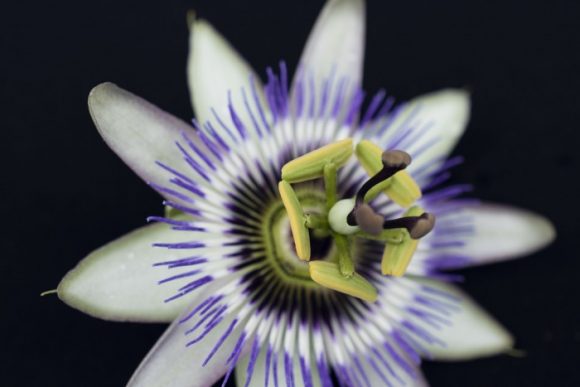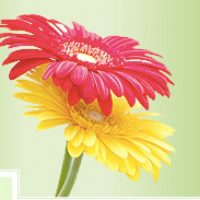All posts tagged herbal infusion
Passionflower For Your Anxiety And Insomnia
Passiflora incarnata, commonly known as passionflower, is a climbing plant that is native to the tropics and occurs naturally from Missouri to Virginia, Arkansas, and Florida. Continue reading [...]

